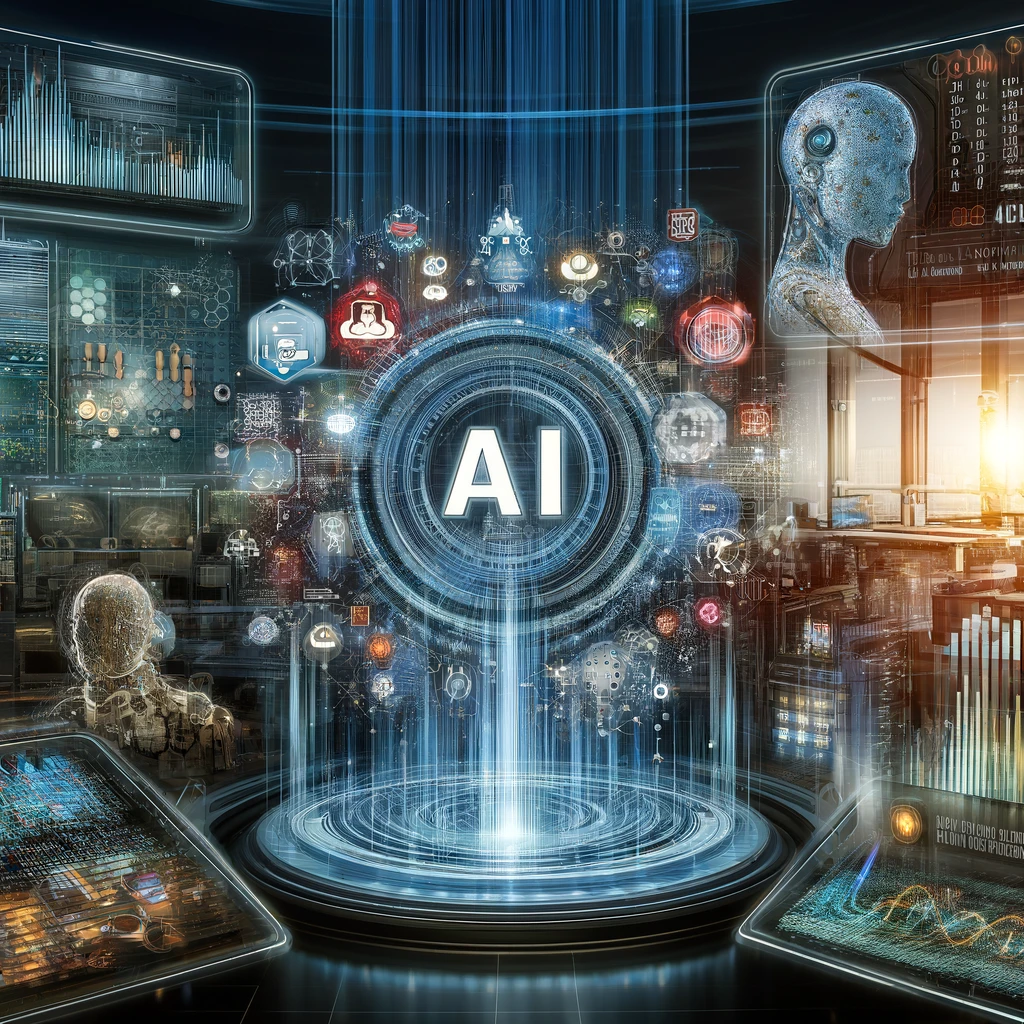Website designed with the B12 website builder. Create your own website today.
Start for free
As we approach 2025, the landscape of Artificial Intelligence (AI) and Data Science is rapidly evolving, bringing new opportunities and challenges for businesses and society alike. In their article, Thomas H. Davenport and Randy Bean highlight five critical trends that will shape the future of AI and data-driven decision-making in the coming years. These trends not only reflect technological advancements but also the growing importance of ethical considerations, data management, and practical applications of AI across industries.
One of the most significant trends is the rise of Agentic AI, which refers to AI systems capable of acting autonomously to achieve specific goals without human intervention. These systems, powered by advanced machine learning algorithms, are becoming increasingly proficient in decision-making, problem-solving, and task automation. Agentic AI is expected to revolutionize industries like healthcare, finance, and manufacturing by enhancing operational efficiency and reducing human error.
Another key trend is the increasing utilization of unstructured data. While traditional data analytics focuses on structured datasets like spreadsheets and databases, AI is now capable of analyzing vast amounts of unstructured data, including text, images, videos, and social media content. This capability enables businesses to gain deeper insights into consumer behavior, market trends, and operational performance. Natural Language Processing (NLP) and computer vision technologies are at the forefront of this transformation, allowing organizations to harness previously untapped data sources.
The third trend involves the integration of AI with decision-making processes. AI-driven analytics are becoming essential tools for executives and policymakers, providing real-time insights and predictive models that inform strategic decisions. This trend is particularly evident in sectors like finance, where AI algorithms optimize investment strategies, and in supply chain management, where predictive analytics streamline operations.
Ethical AI and governance are also becoming increasingly important. As AI systems take on more responsibilities, ensuring transparency, fairness, and accountability in their operations is critical. Organizations are investing in explainable AI (XAI) frameworks, which make AI decision-making processes more transparent and understandable to stakeholders. Additionally, governments and regulatory bodies are implementing policies to ensure that AI technologies are used ethically and responsibly.
Finally, the trend toward AI democratization is making powerful AI tools accessible to a broader audience. Cloud-based AI platforms, open-source machine learning frameworks, and user-friendly AI applications are enabling small businesses, startups, and individual developers to leverage AI technologies without the need for extensive technical expertise. This democratization is fostering innovation across various sectors, from healthcare and education to entertainment and agriculture.
---
Summary: